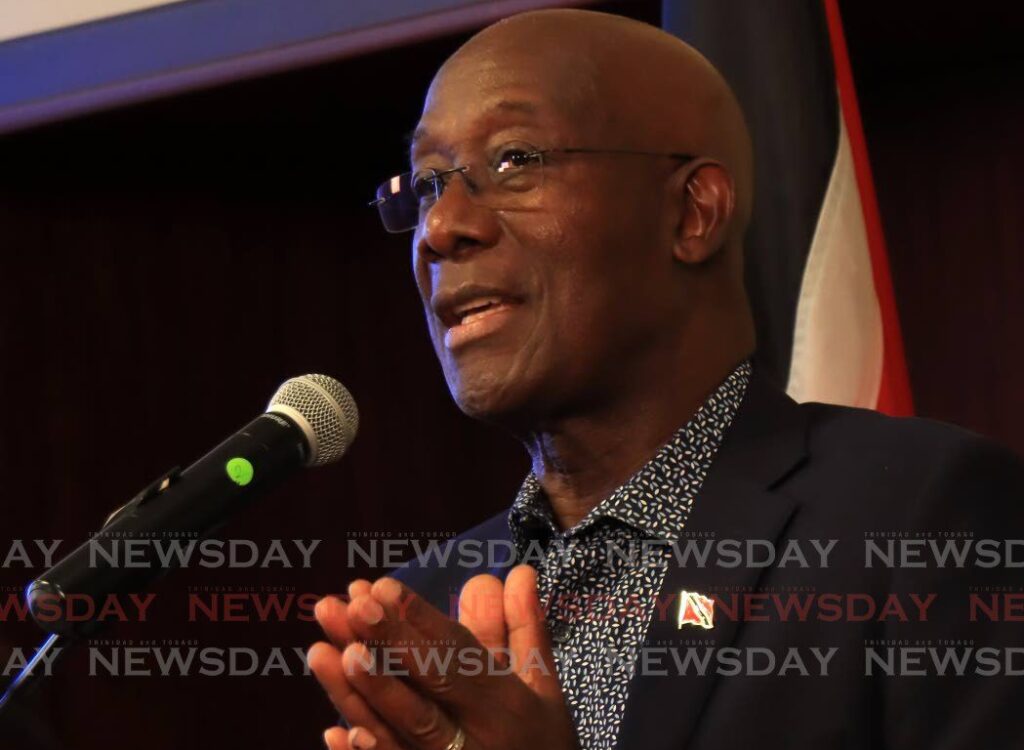No to infringing of artistic freedom

THE EDITOR: The echoes of colonial suppression resonate in the current debate over how to change the language of Trinibad music. This move towards condemning and/or censoring mirrors the tactics employed by our former colonial rulers – stifling artistic expression under the guise of societal order.
Genres like rap, hip-hop and reggae have all faced similar censorship, yet they have endured as powerful forms of resistance and cultural expression.
While proponents of some form of condemning argue that it is necessary to curb violent behaviour, research suggests that the root causes of violence lie deeper within our social structures. The aggressive and misogynistic rhetoric of our leaders reflects a troubling attitude toward our citizens, but outlawing Trinibad music fails to address these underlying issues. It is essentially sweeping the dust under the carpet, so everything appears clean so long as the dust under the carpet doesn’t grow into large piles.
The Trinibad genre, like other art forms, is the canary in the coal mine that is our society, letting us know that there is flammable gas gathering and we have to be careful not to cause any sparks.
Studies indicate that the environment in which individuals grow up, including their homes, schools, neighbourhoods and interactions with law enforcement, plays a pivotal role in shaping behaviour. Simply condemning a musical genre overlooks the systemic injustices that perpetuate violence and inequality.
If someone is injured, they cry out. Telling them to be silent so we can be comfortable is a cruel and potentially dangerous thing to do. The cry of pain will emerge in some other form. History has shown us this repeatedly.
Instead of replicating the tactics of our colonial oppressors, we must strive towards a more collaborative and inclusive approach. This requires a shift away from autocratic leadership towards accountability, dialogue and, more importantly, curative action.
We need to remember that the language used by leadership is a powerful tool that can shape attitudes, behaviours and perceptions within society. Leaders have a responsibility to use their words wisely and responsibly. Consider if you will the language of our Prime Minister regarding women. He used the term “jammetry;” he said that “a woman must be groomed like a golf course” and suggested that to avoid violence women must “choose your men wisely.”
As we approach another celebration of International Women’s Day, I hope that our leaders who are our role models will embrace the theme of "Inspire Inclusion" and move away from the autocratic style of leadership that now prevails, and includes and engages more women in the decision-making process.
If we foster a culture of respect, empathy and inclusivity, all genders and all creatives will help create a more harmonious and equitable society.
DENNISE DEMMING
via e-mail


Comments
"No to infringing of artistic freedom"